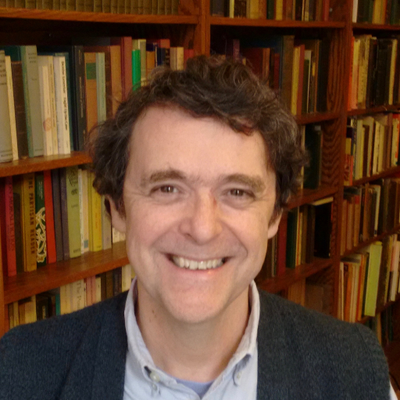
Christopher Balchin, educator and Aesthetic Realism associate, writes:
“Honoring Shakespeare” presents some of the vital, new understanding that Eli Siegel brought to the study of that great playwright and poet. Mr. Siegel had an unsurpassed desire to comprehend William Shakespeare and took up his writing extensively, in many lectures, essays, and other works. He made clear, for instance, what Shakespeare was impelled by in the mysterious sonnets; and also in plays as diverse as Othello, A Midsummer Night’s Dream, and—as you’ll see here—Hamlet.
As a high school student in the UK, I was in awe of the works of Shakespeare from the day my English teacher had the class begin to read and study the play Macbeth. Little did I know then that Shakespeare could teach me about my own life.
It was not until I met Aesthetic Realism and Eli Siegel’s clear, deep, kind—true!—seeing of Shakespeare that I learned what makes his work beautiful and cherished through the ages. And Mr. Siegel showed to my amazement that William Shakespeare was writing about what goes on in real people–like me!—and like my family, whom I wrongly saw as dull.
In my first Aesthetic Realism consultation, I—a conceited young Oxford graduate—was so fortunate to be asked, “Are you a little like Puck in A Midsummer Night’s Dream? Do you say, “Lord, what fools these mortals be?” I did. I learned that the way I disparaged people in my thoughts was the reason why, despite my best attempts to appear debonaire, I felt lonely and so unsure inside. That changed as I studied Aesthetic Realism and saw that the purpose of all the arts is respect for the world and people–and this was the purpose I needed in my life.
As you will see in “Honoring Shakespeare,” Eli Siegel’s magnificent comprehension and placing of Shakespeare and his works—including how they have been seen by other critics—is cultural, resonant, alive! It can have us understand ourselves and humanity better.
Have a wonderful time reading “Honoring Shakespeare”! It begins:
We are proud to present selections from five works by Eli Siegel, poet, critic, and founder of Aesthetic Realism, who honored William Shakespeare and understood greatly the beauty and meaning of his plays, the sonnets, and the music of his poetry.
Shakespeare’s Hamlet: Revisited
Why was Hamlet, Prince of Denmark, unable to speedily avenge the death of his father, the King? This question has been approached by critics of power and discernment — including Coleridge, Schlegel, and A.C. Bradley — but without an answer so full and exact that it explains Hamlet himself: his depth, largeness, and confusion. That explanation is in Eli Siegel’s critical masterpiece, Shakespeare’s Hamlet: Revisited of 1963, in which he takes up every line of the play.
The following passage introduces us to this work, originally presented in a series of 13 evenings of drama. And as you’ll see, Mr. Siegel shows that Hamlet is about fathers and sons today.